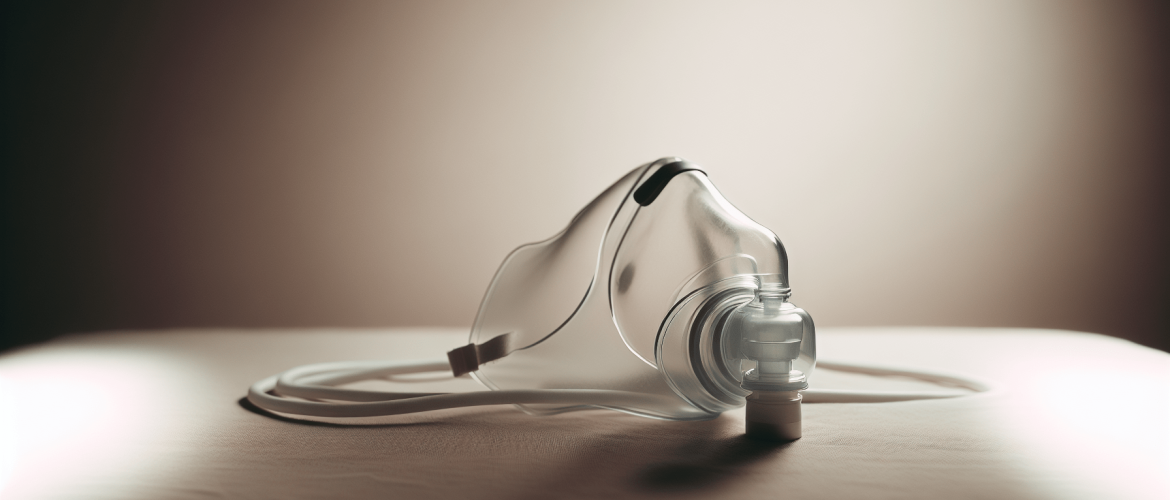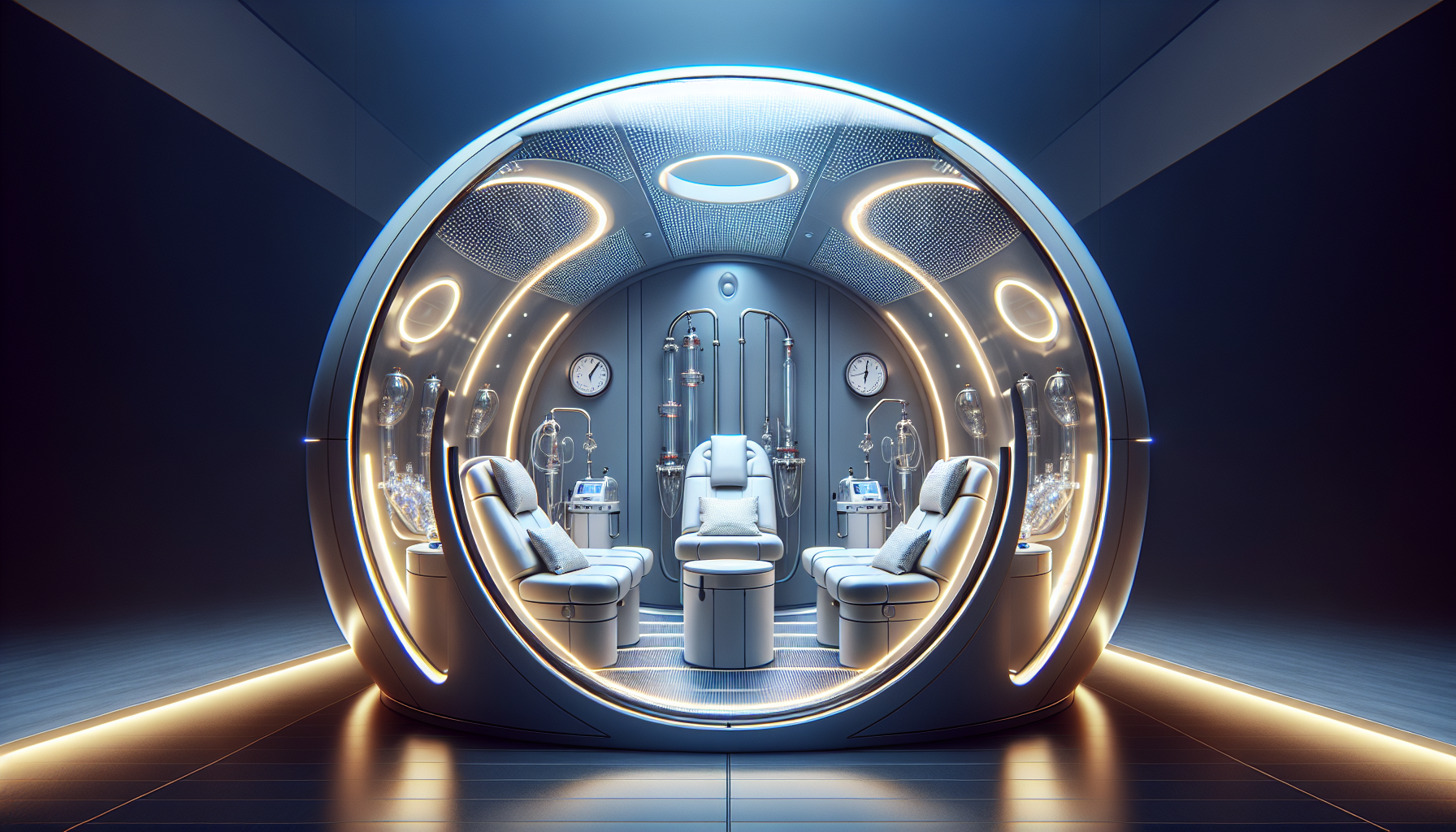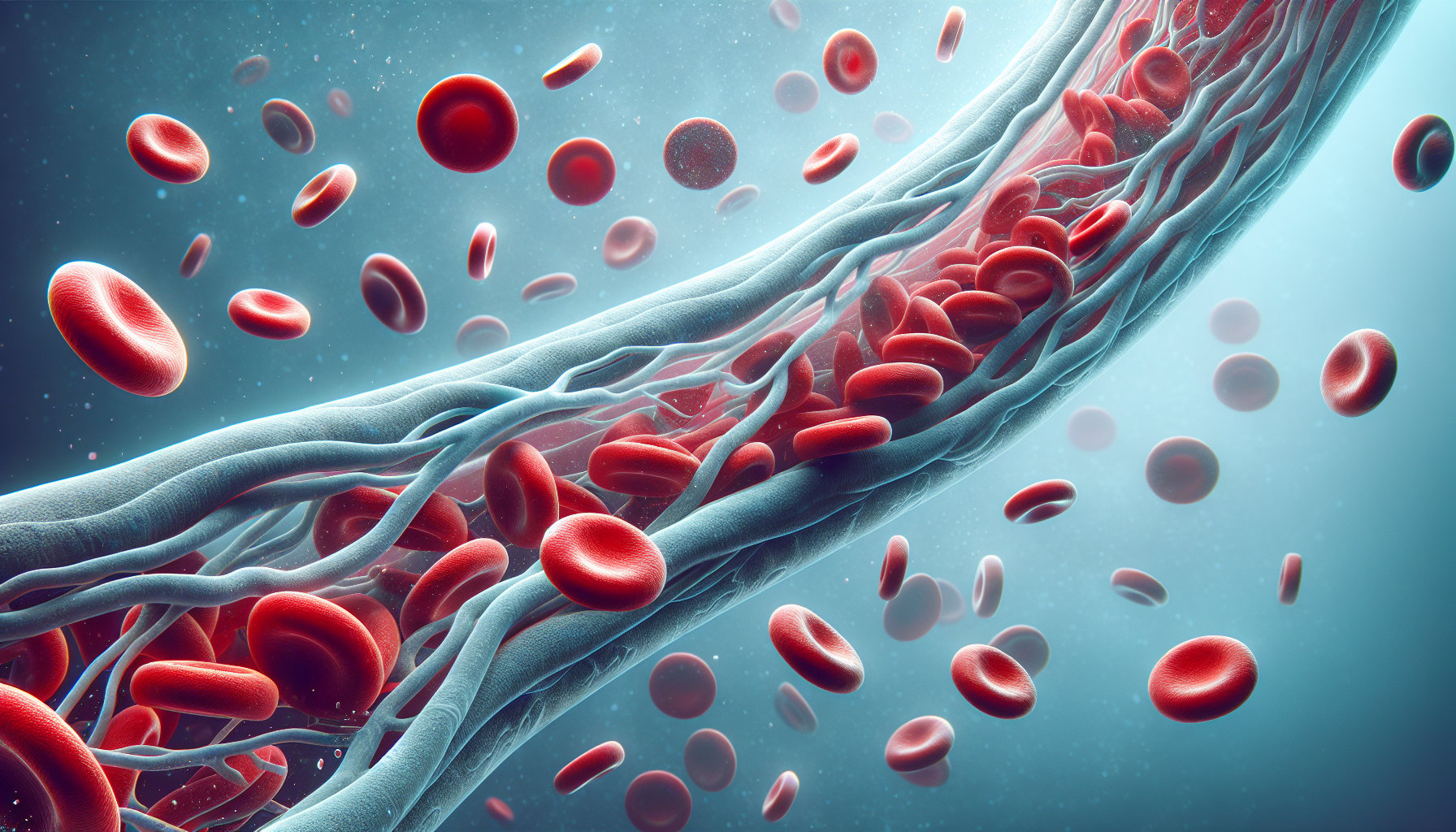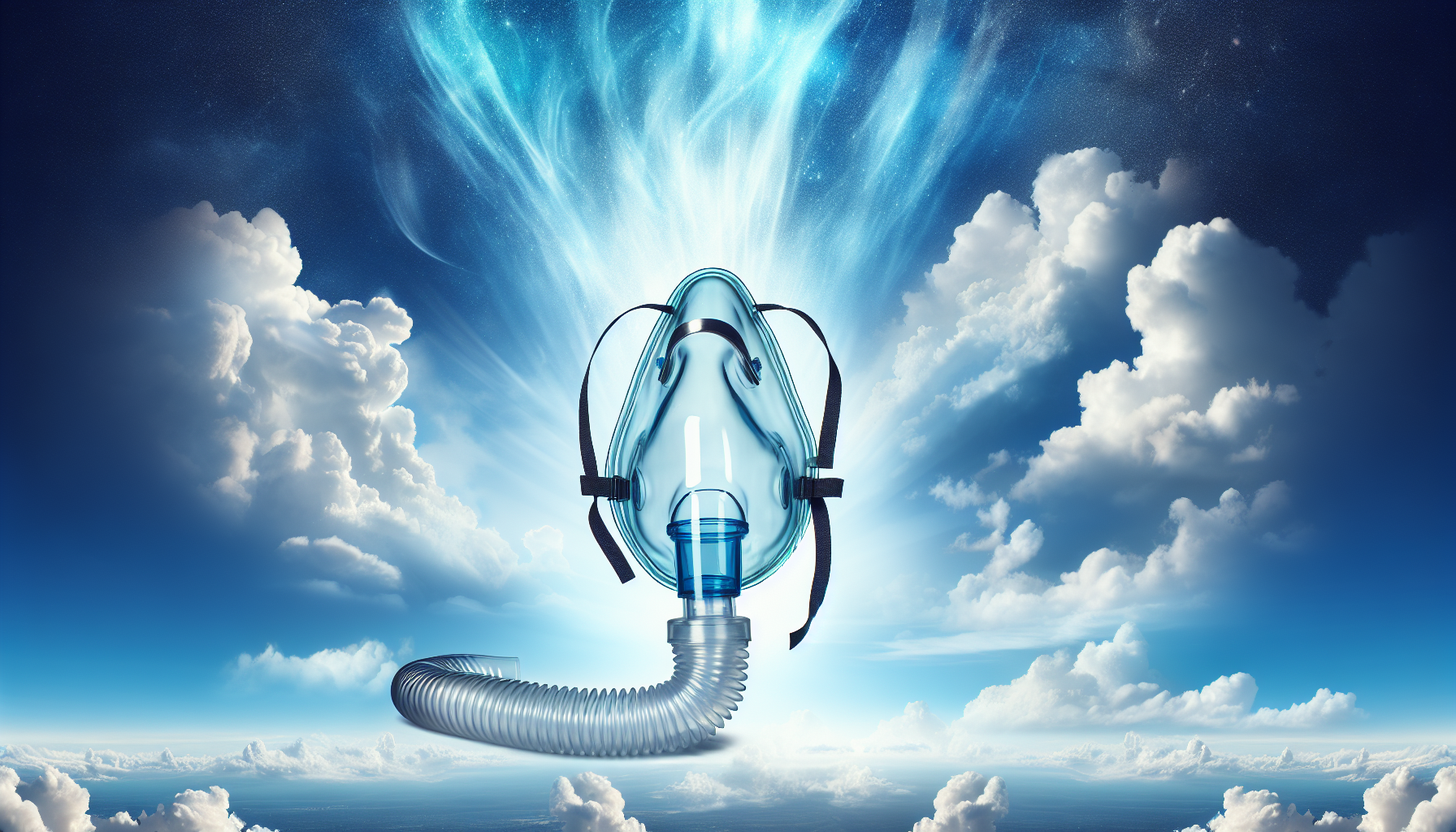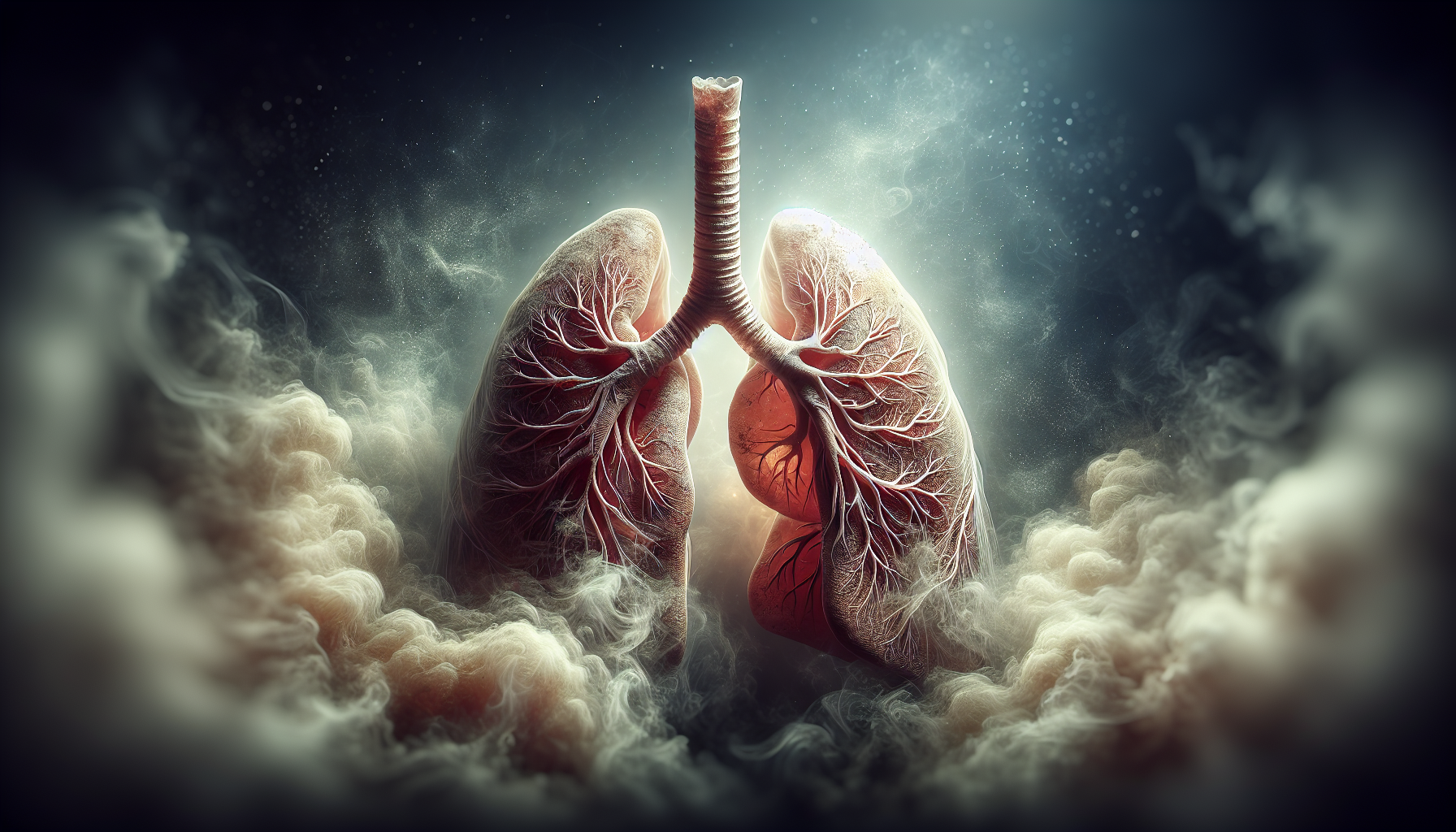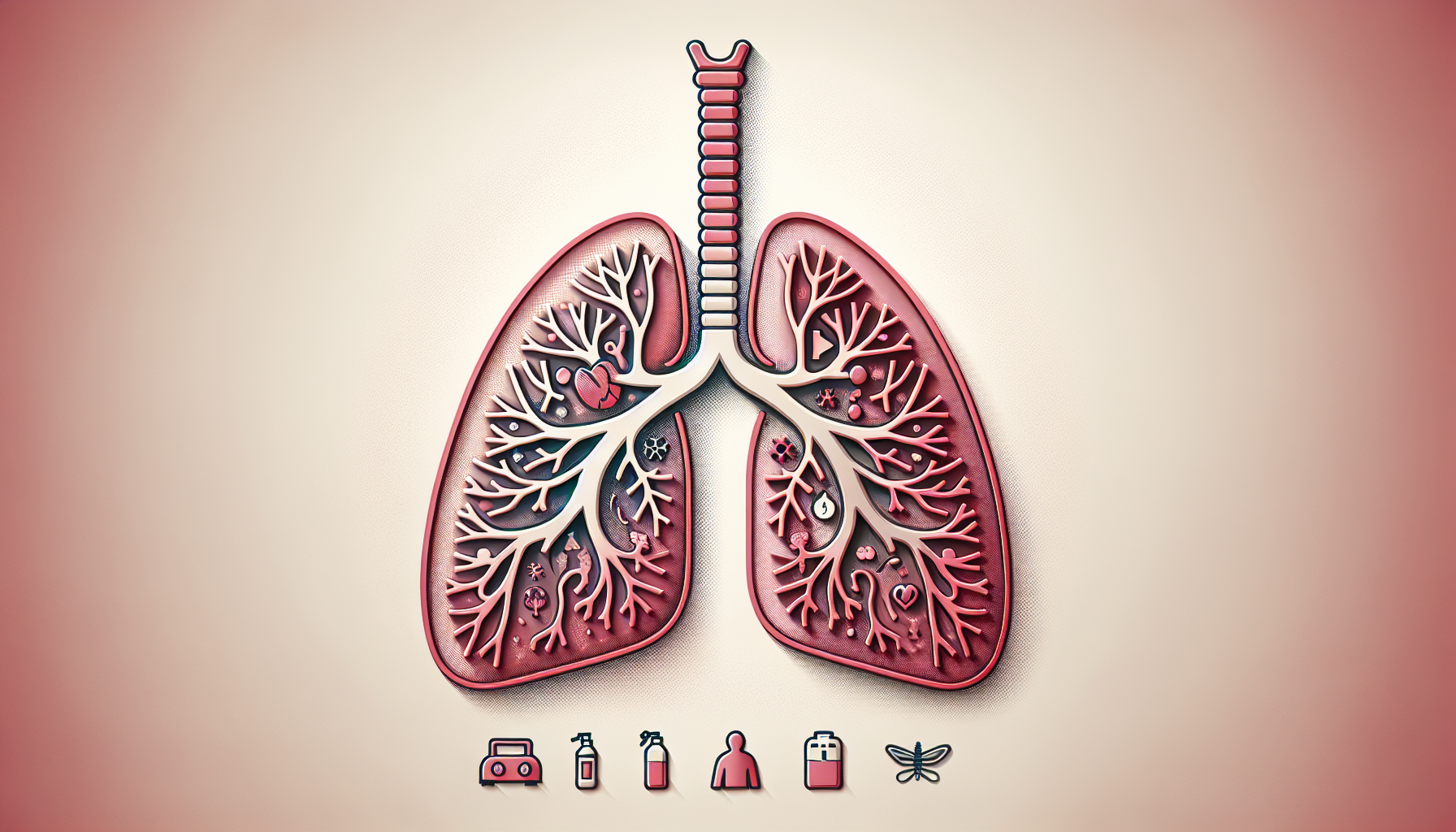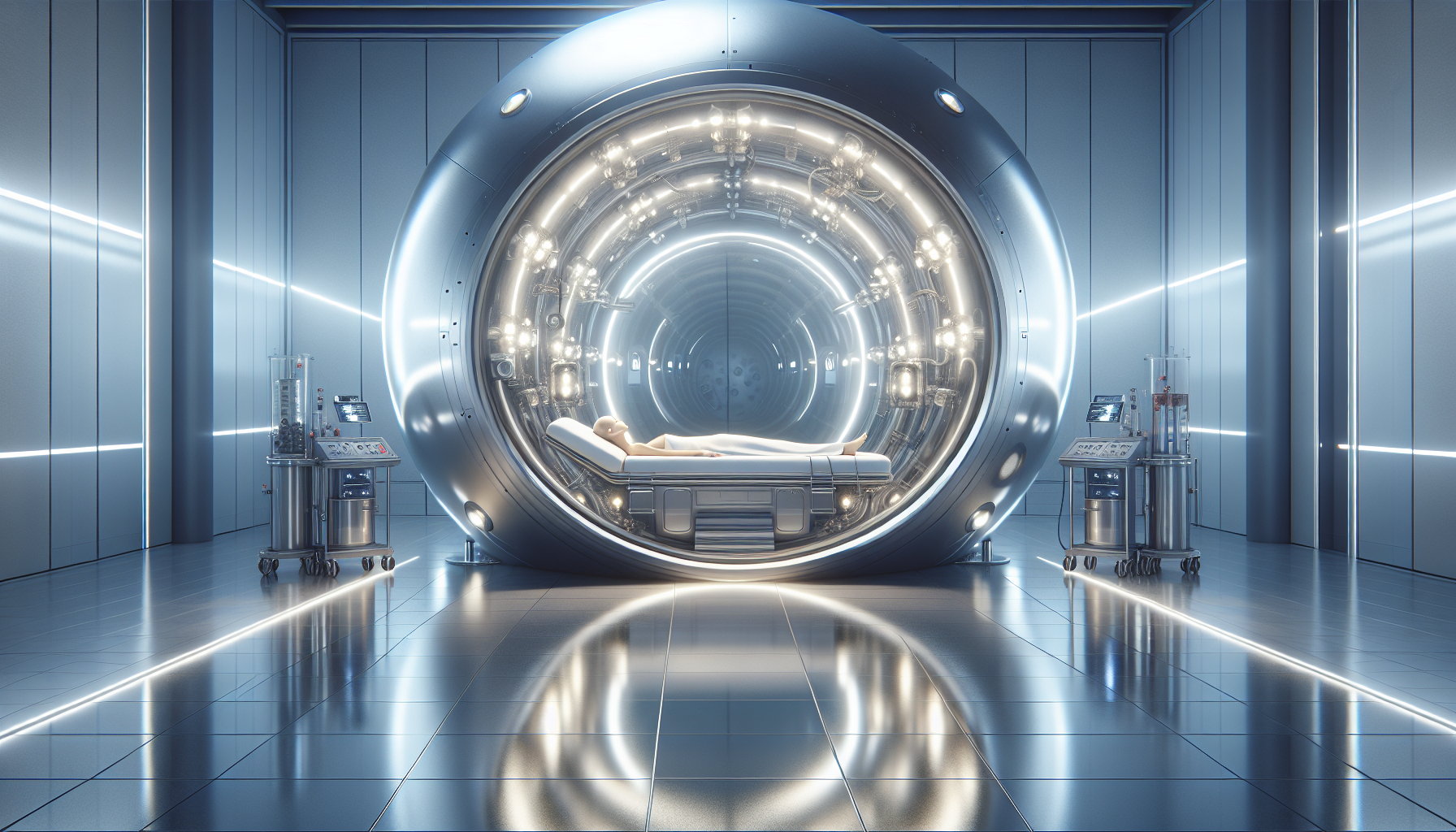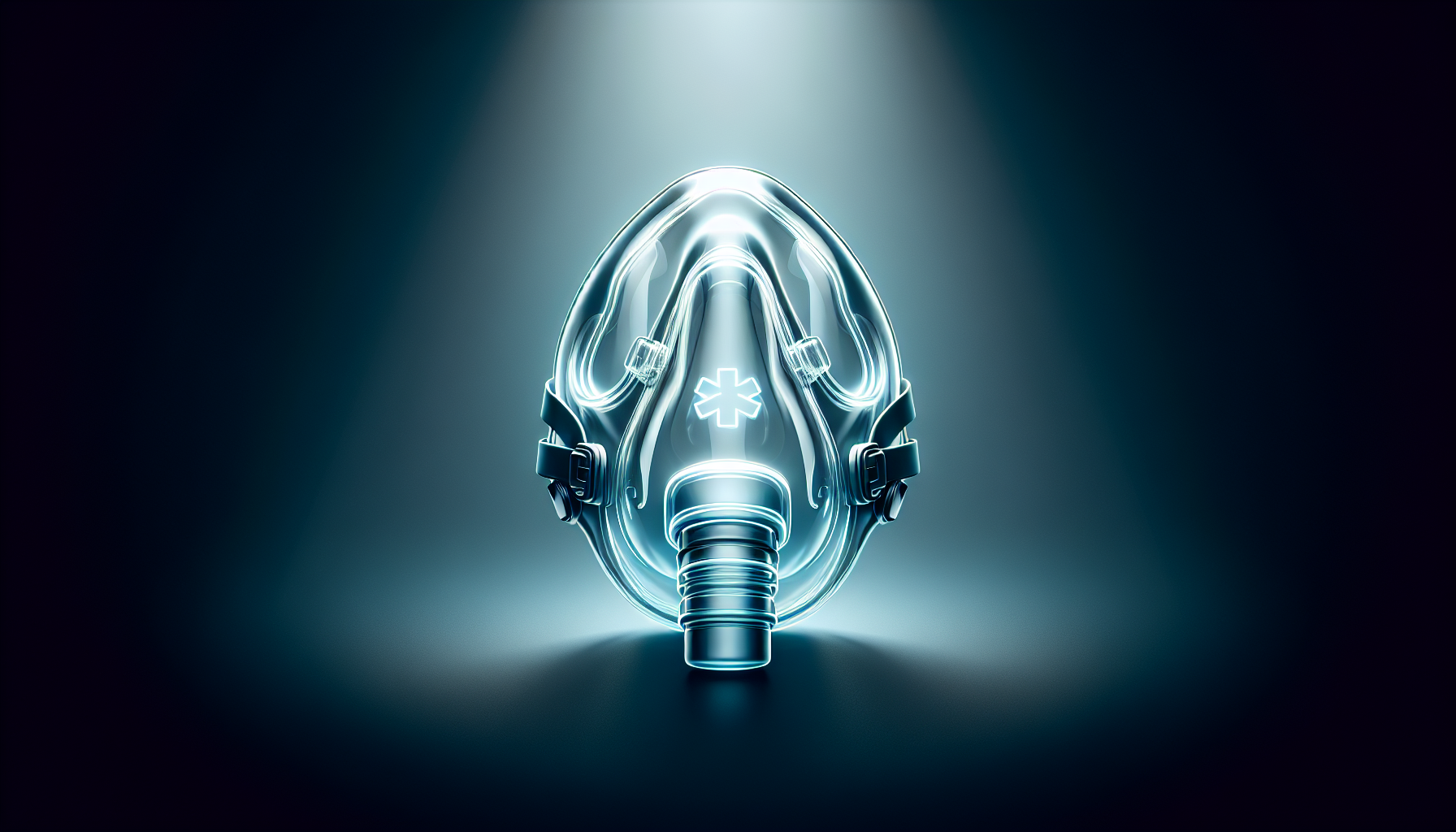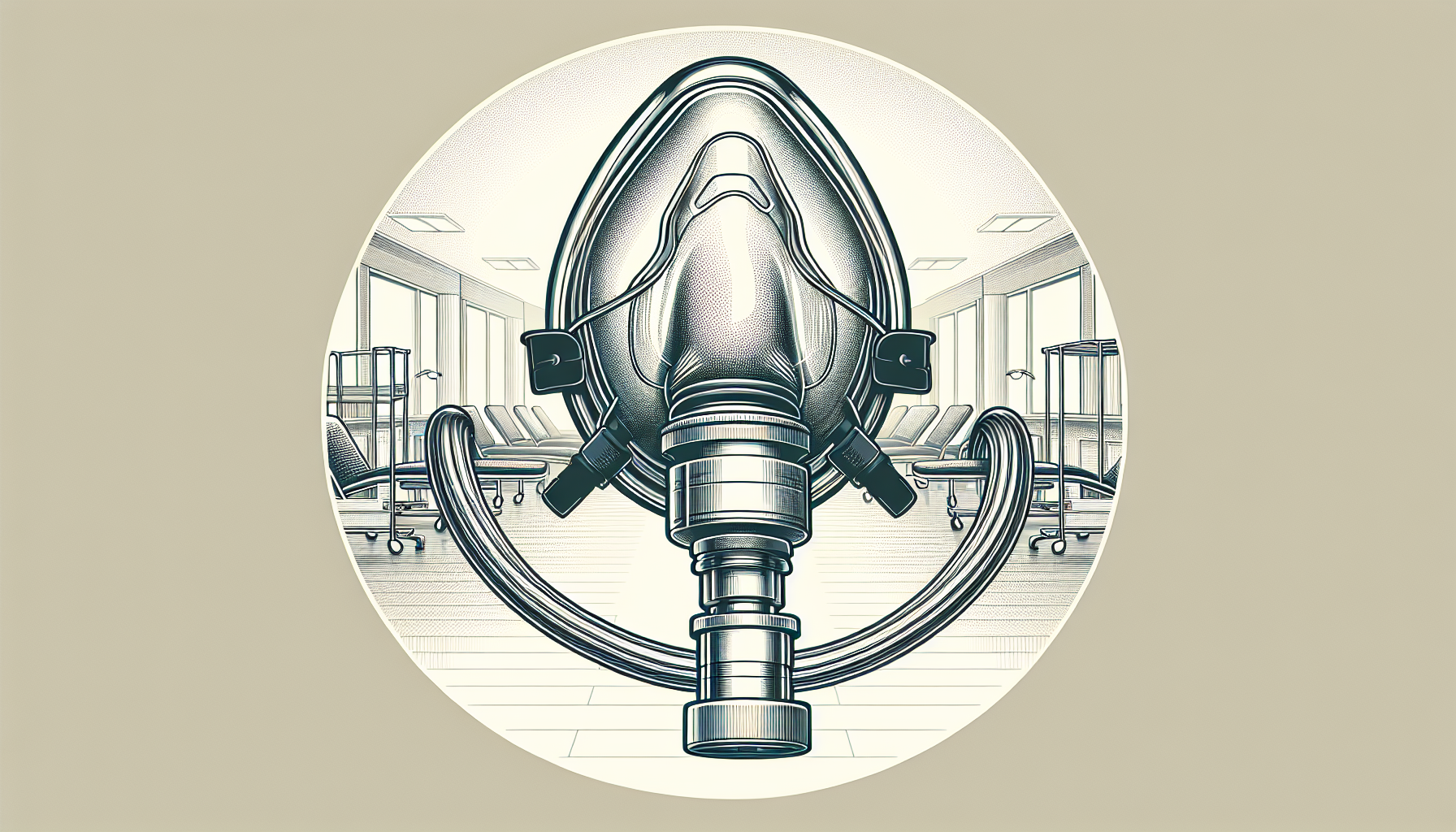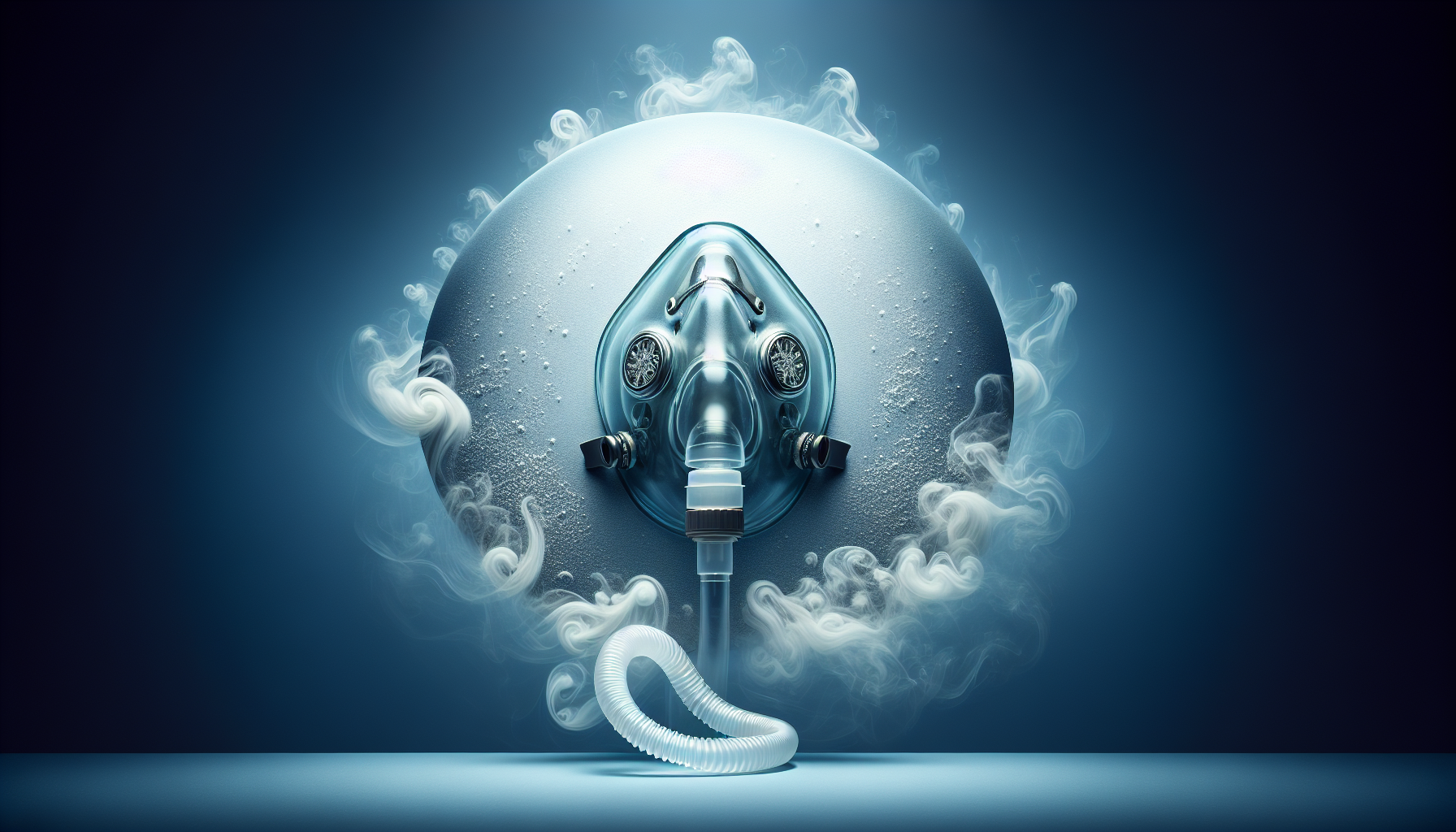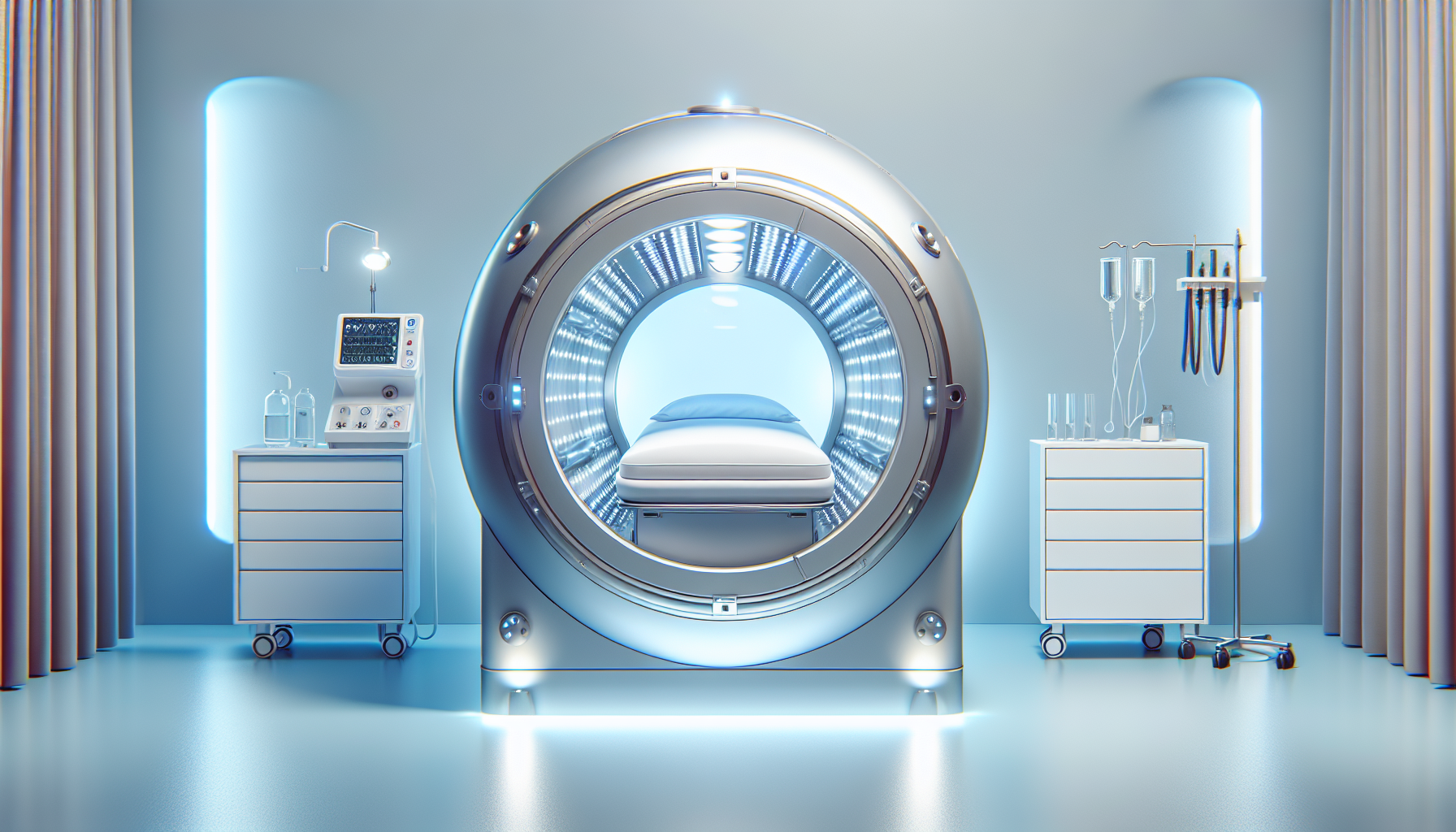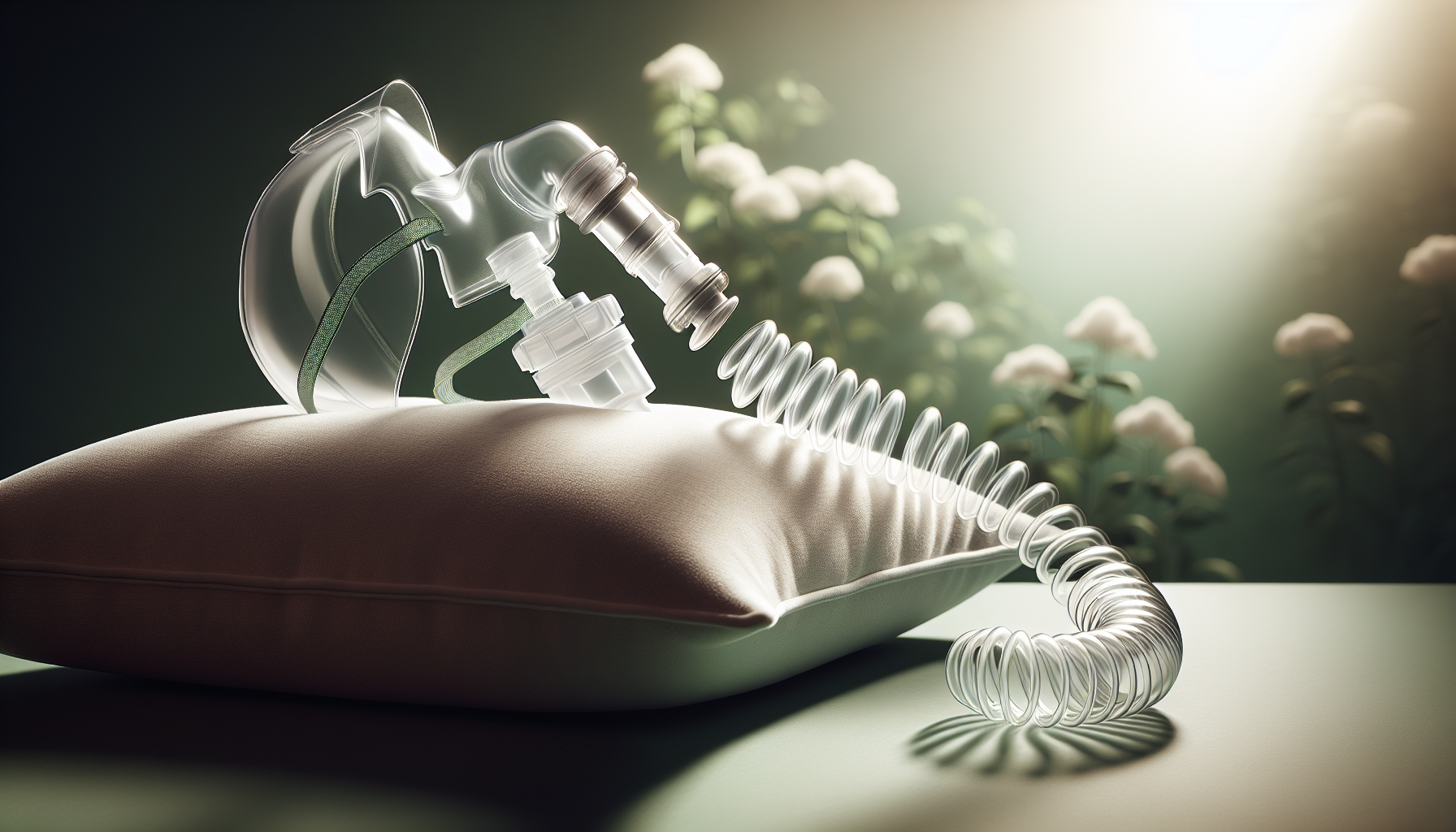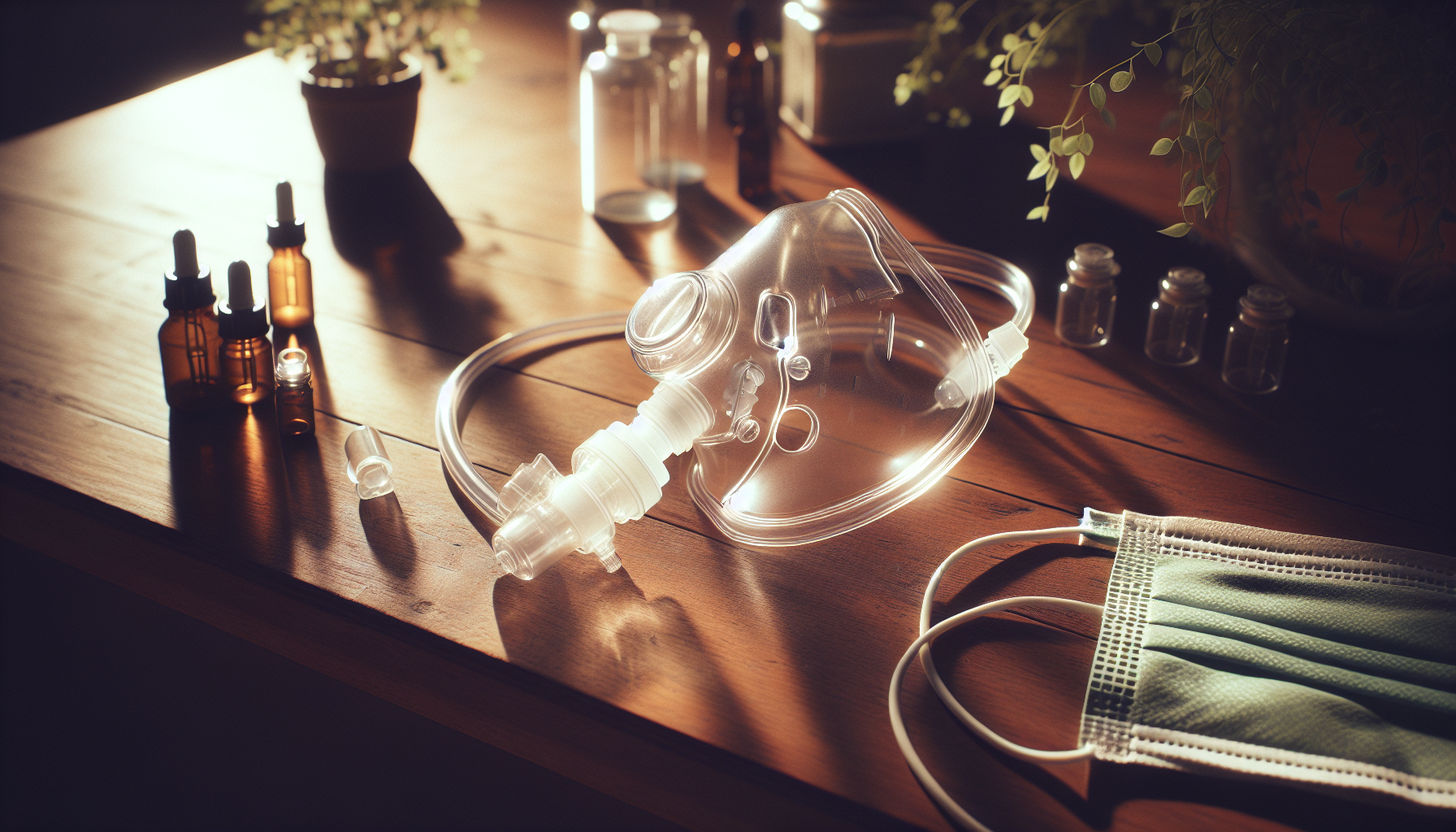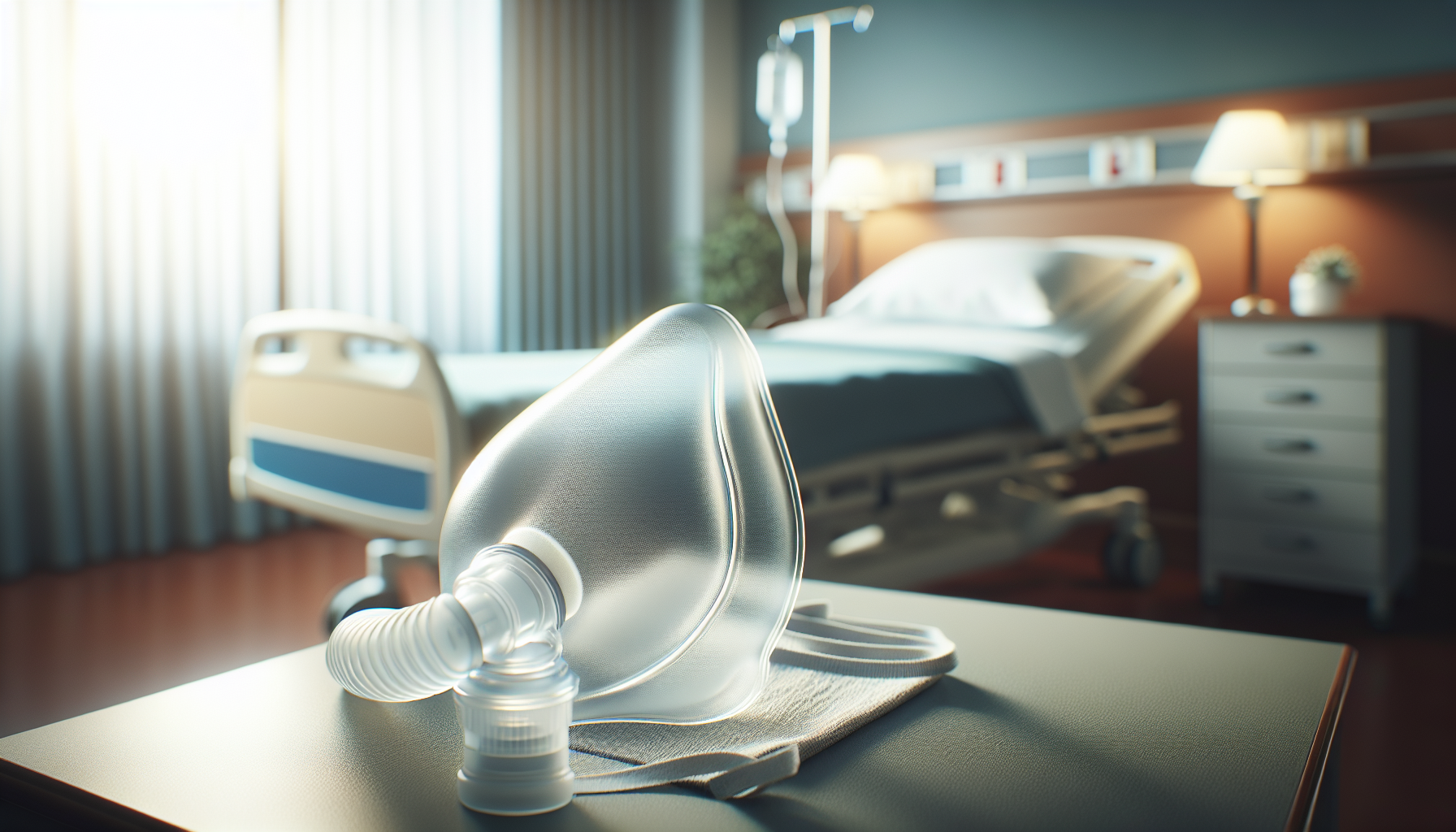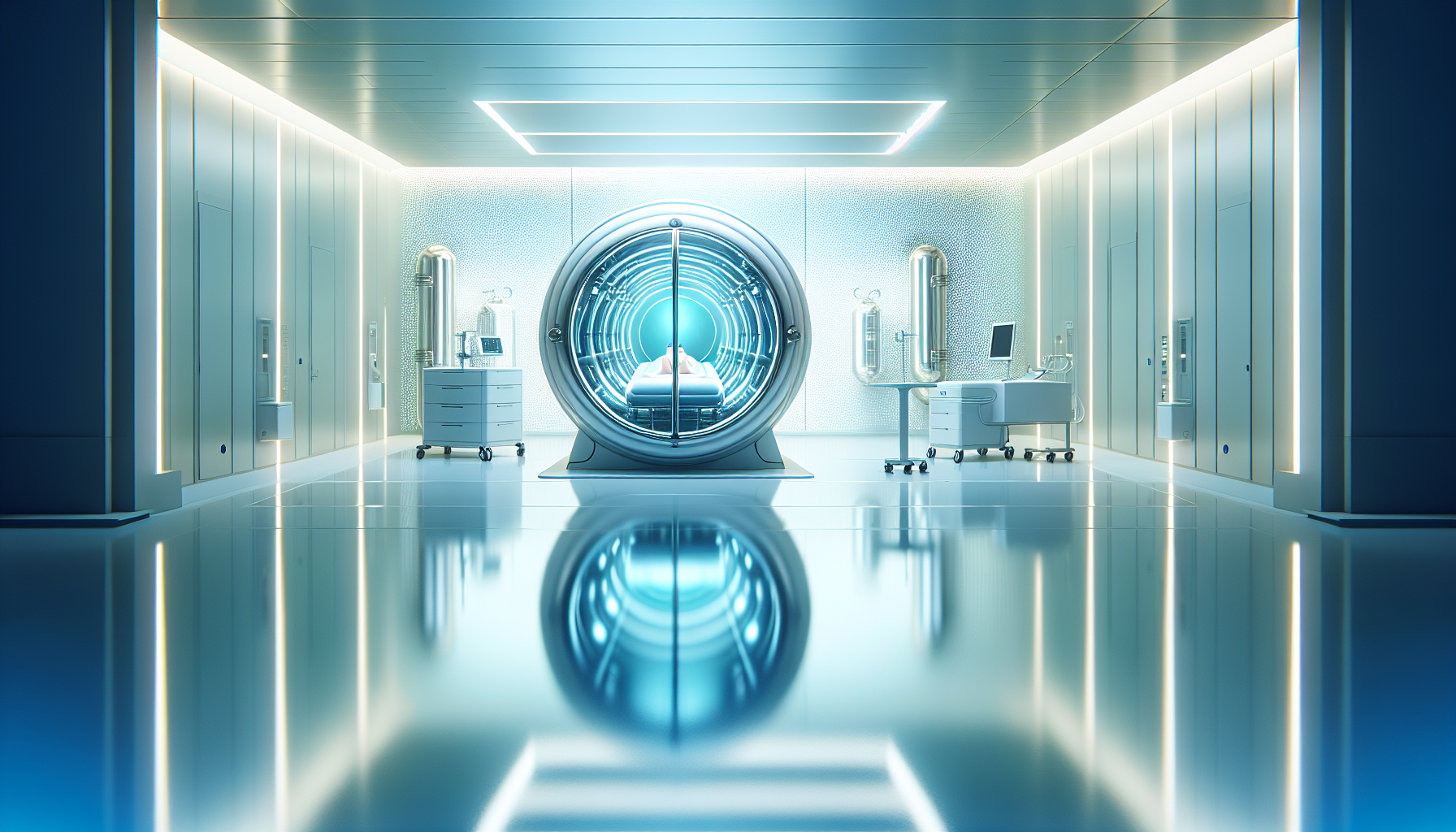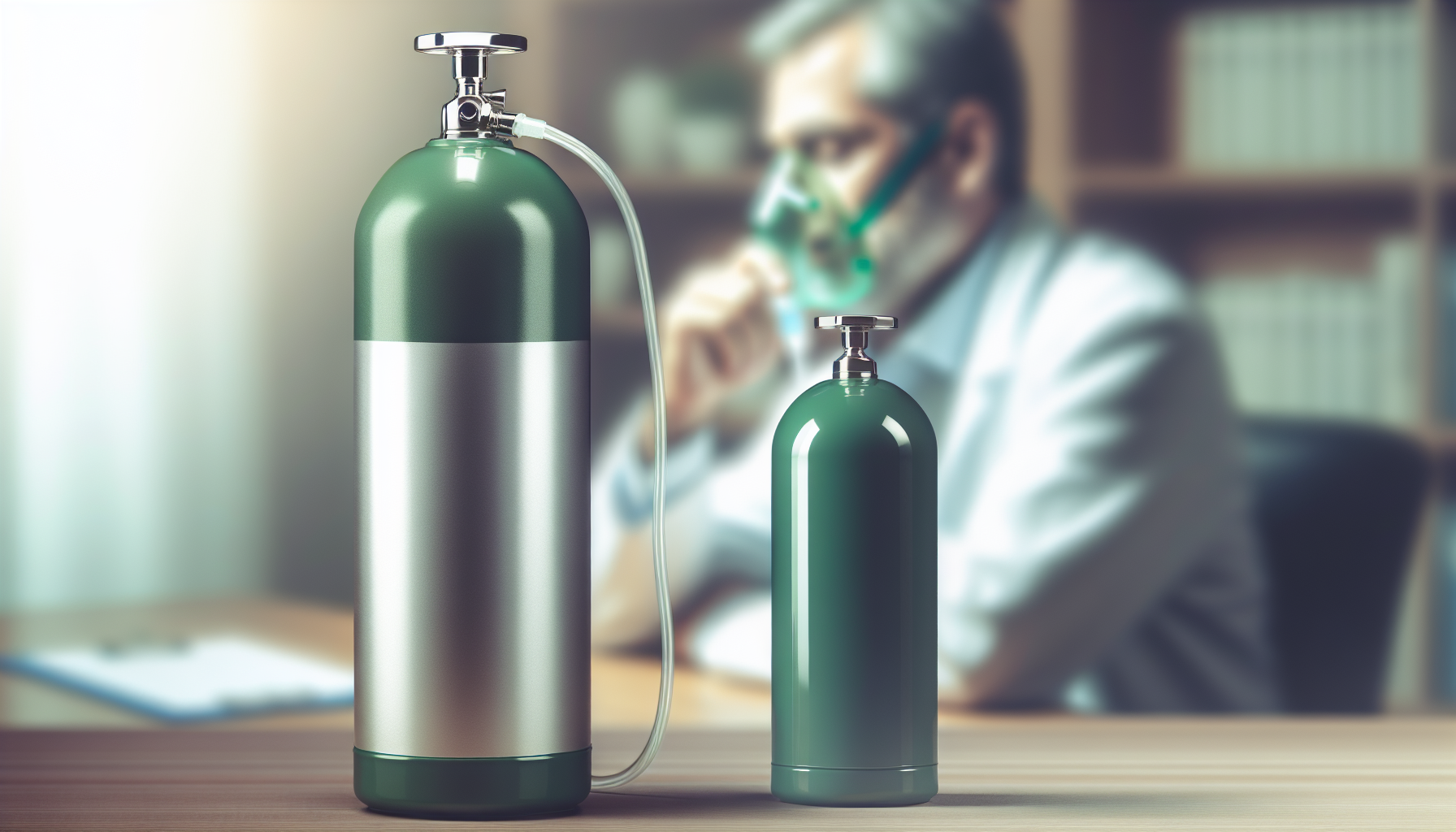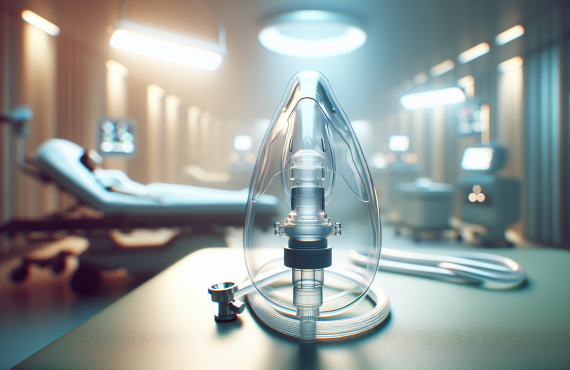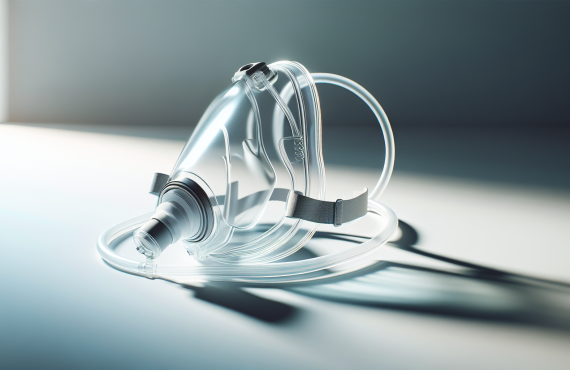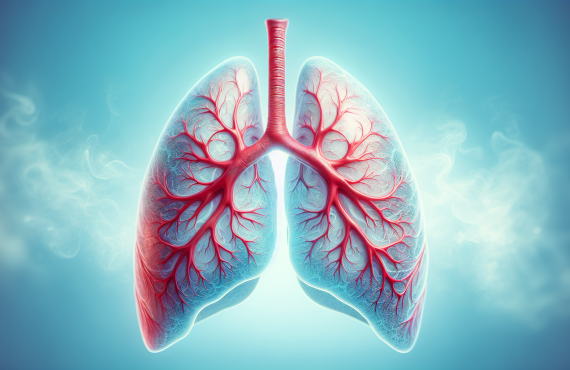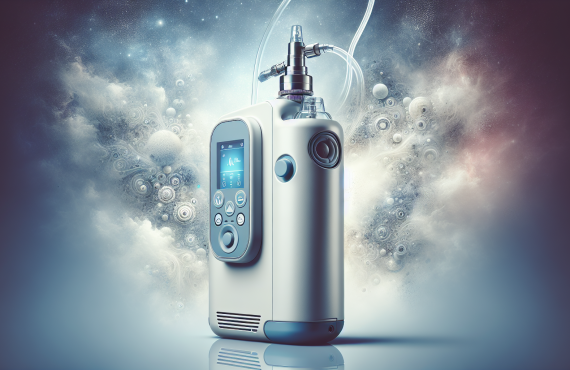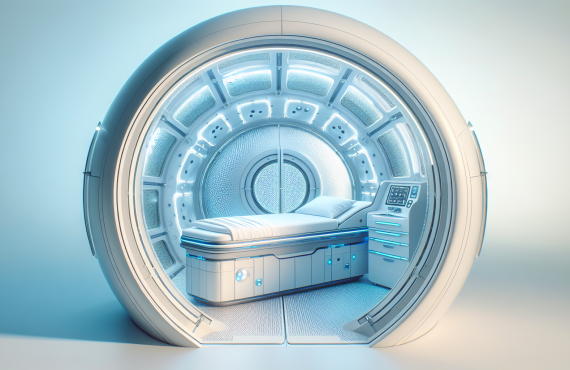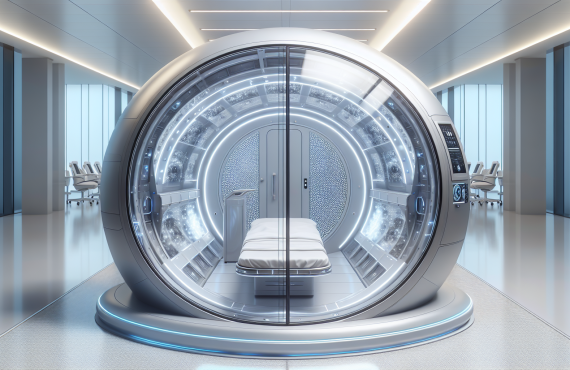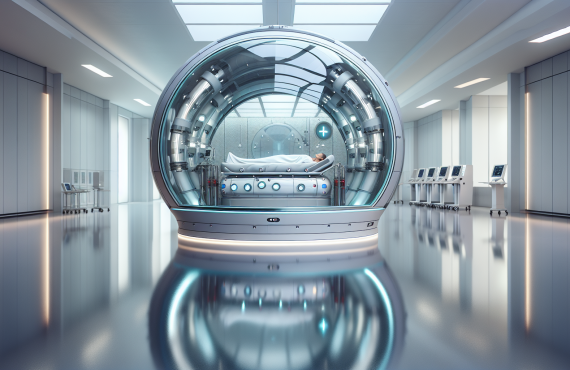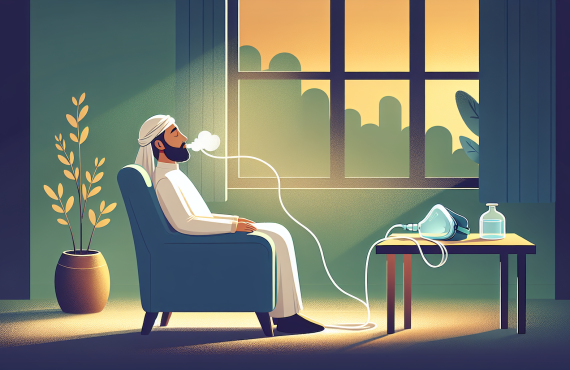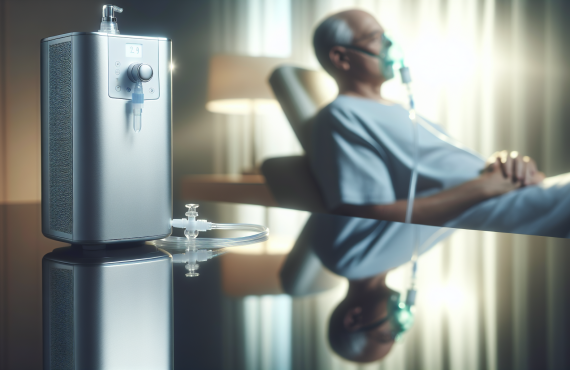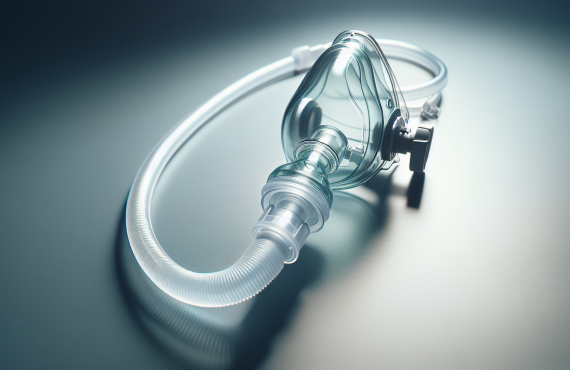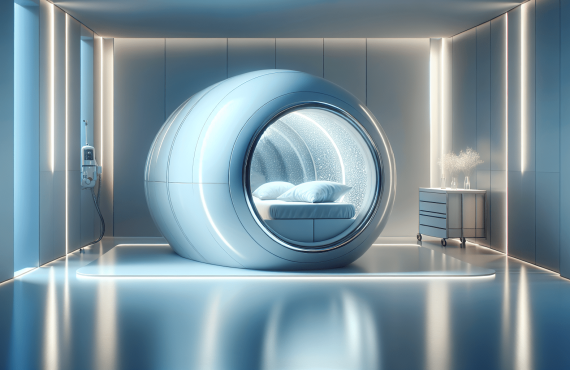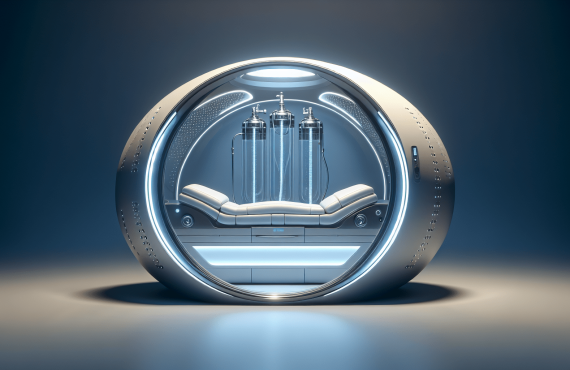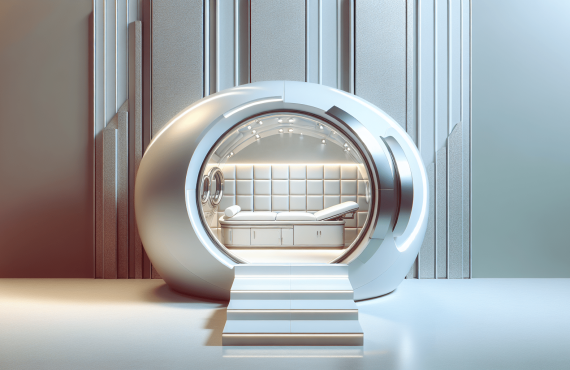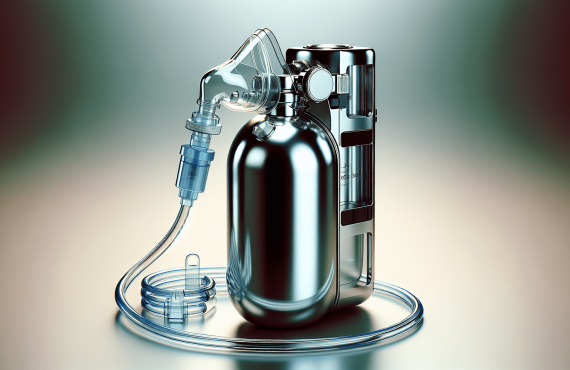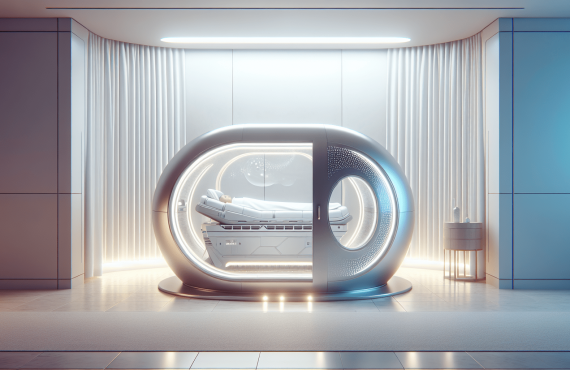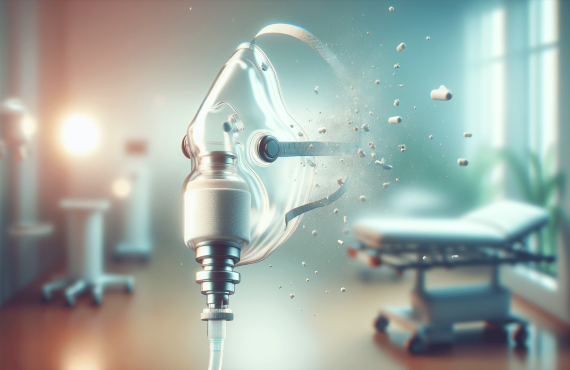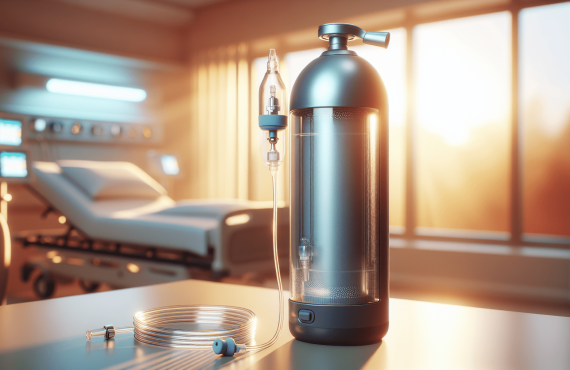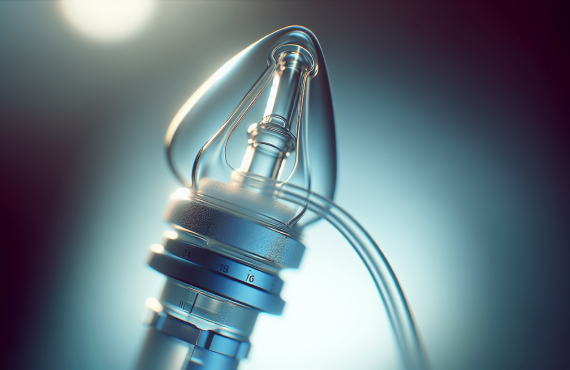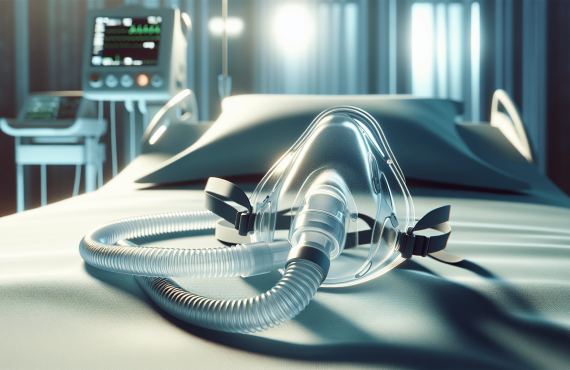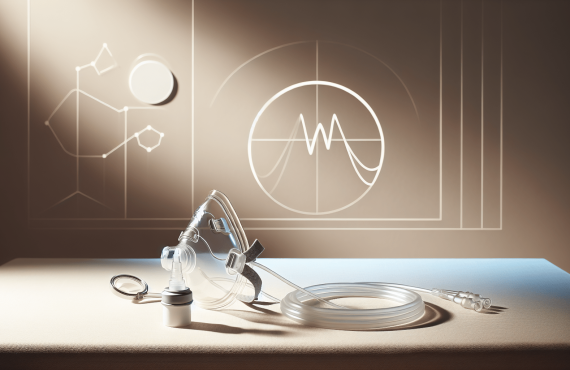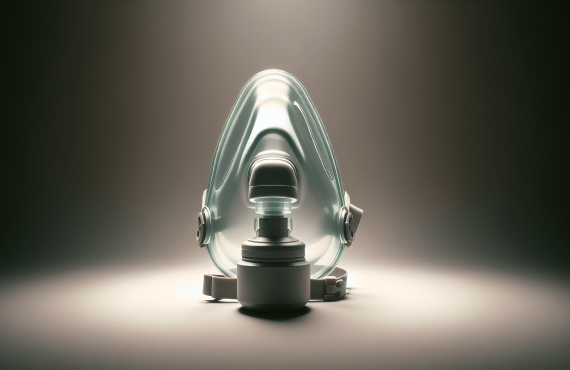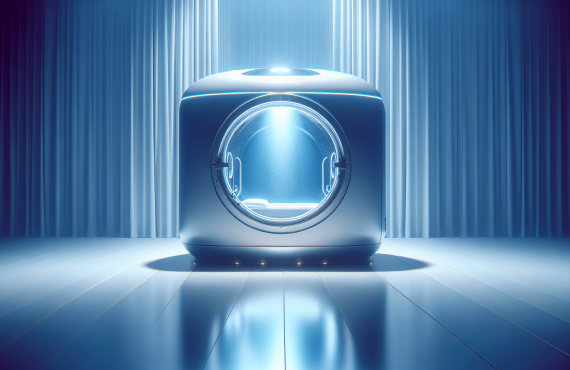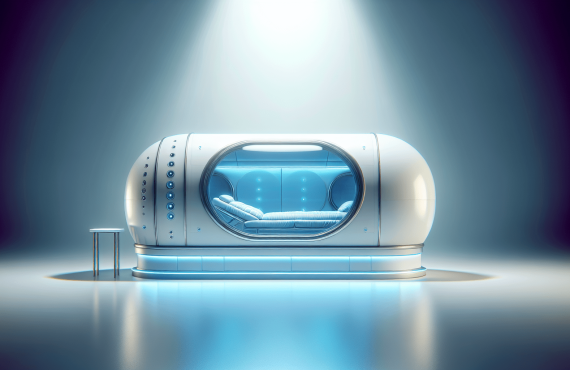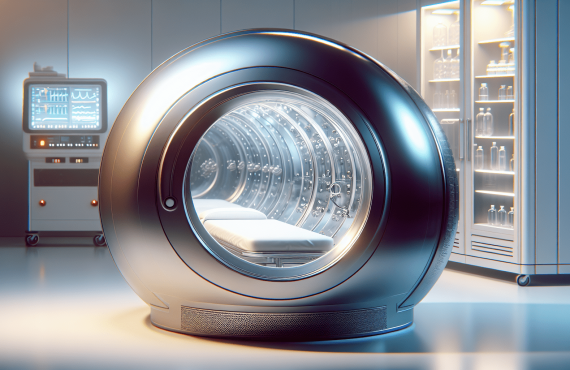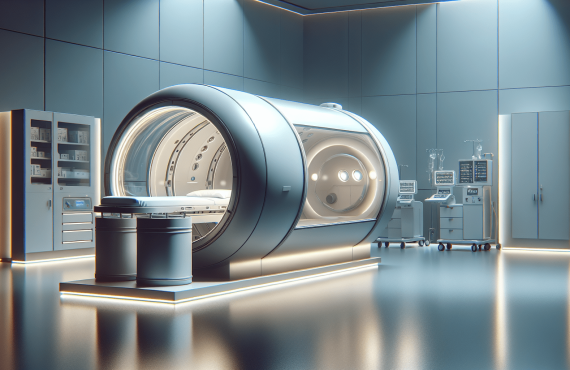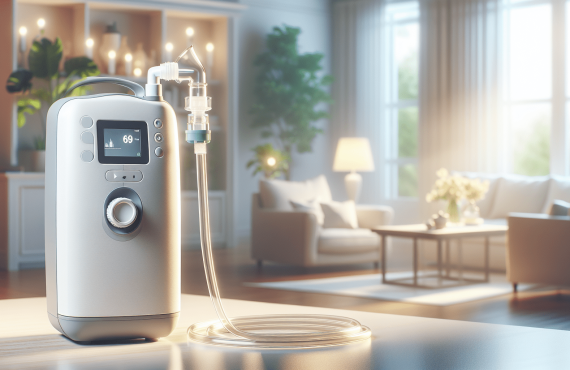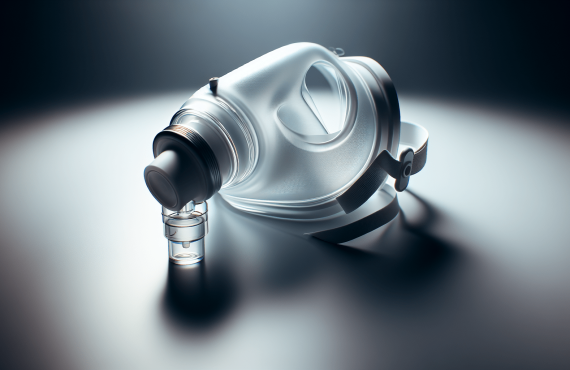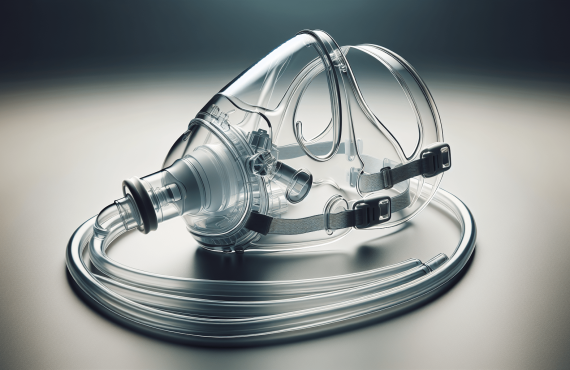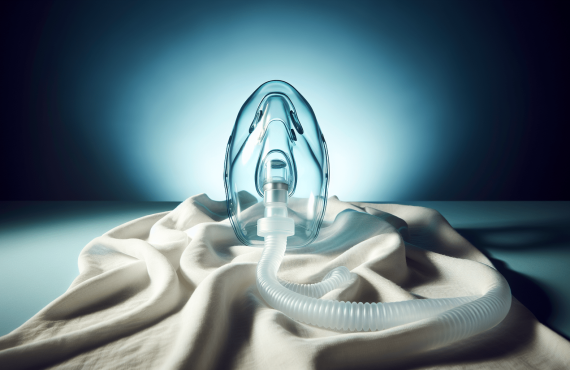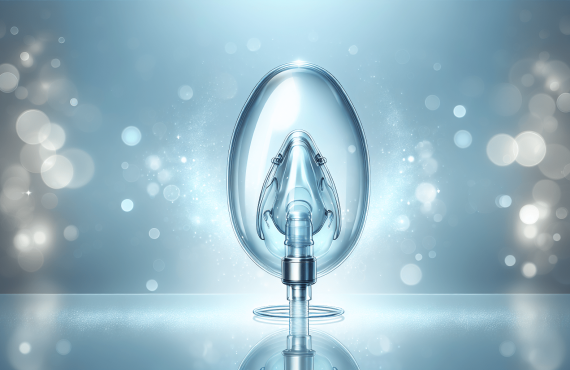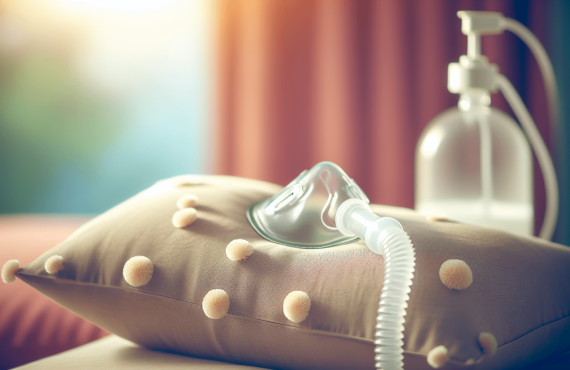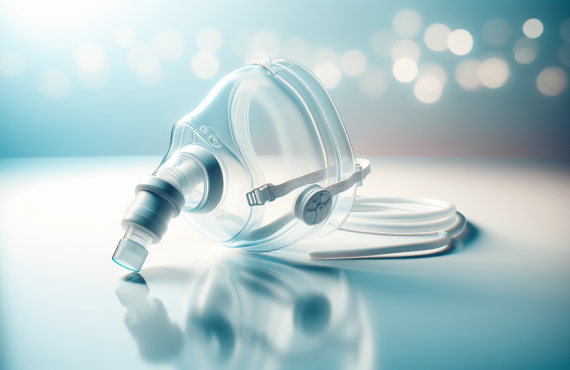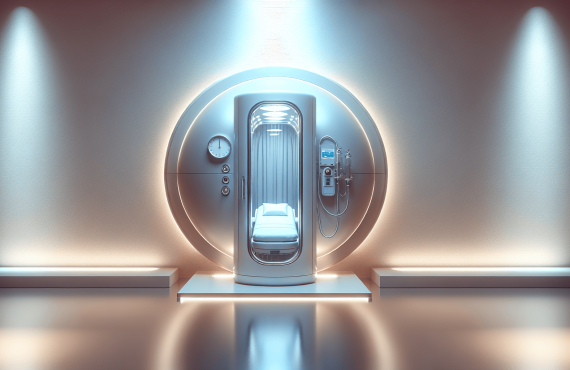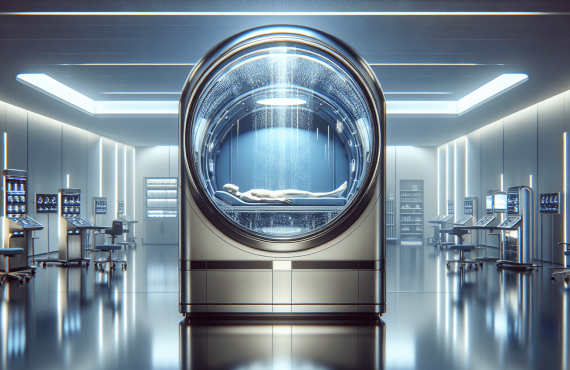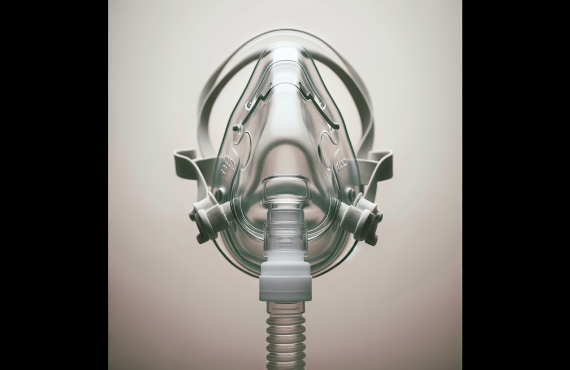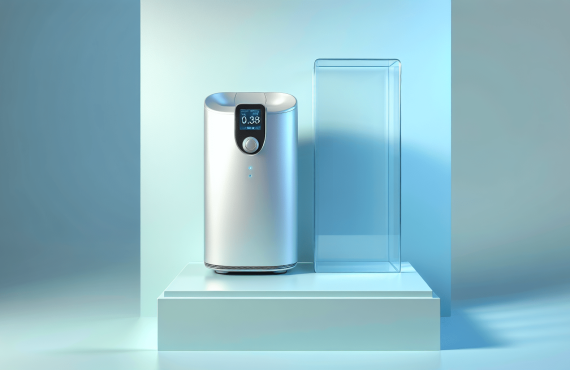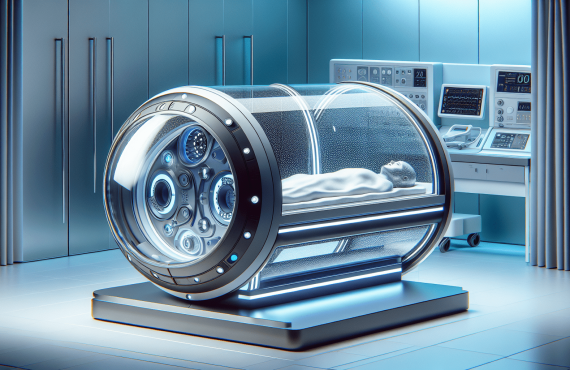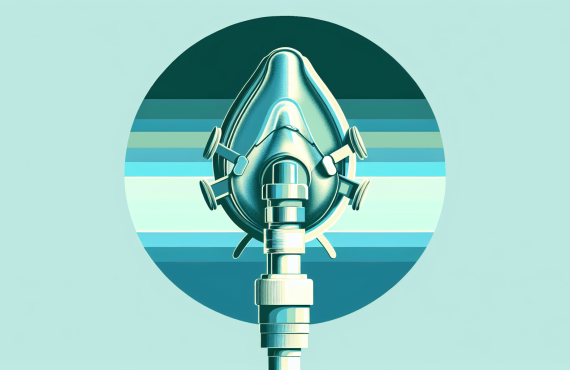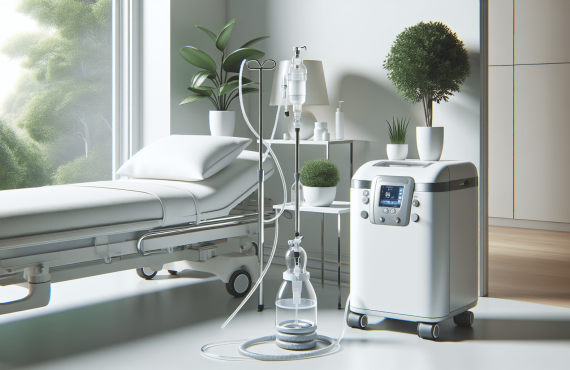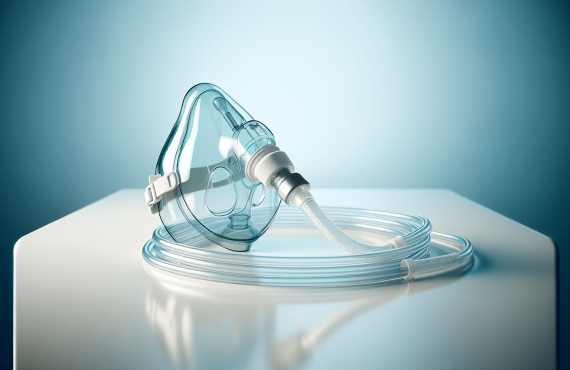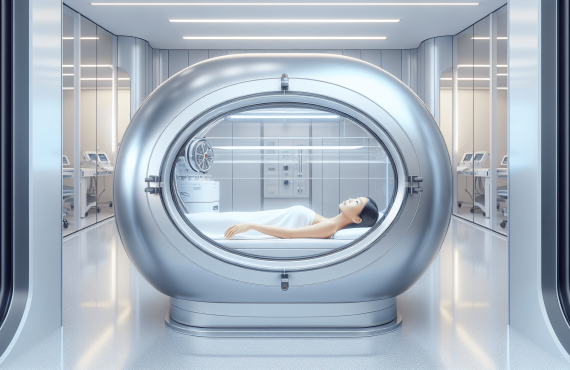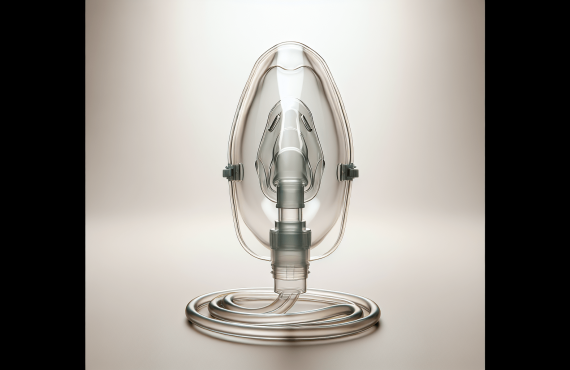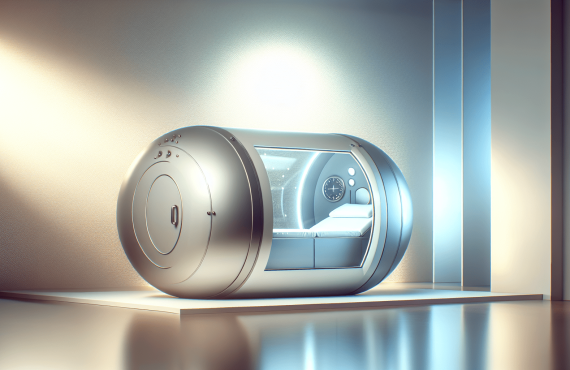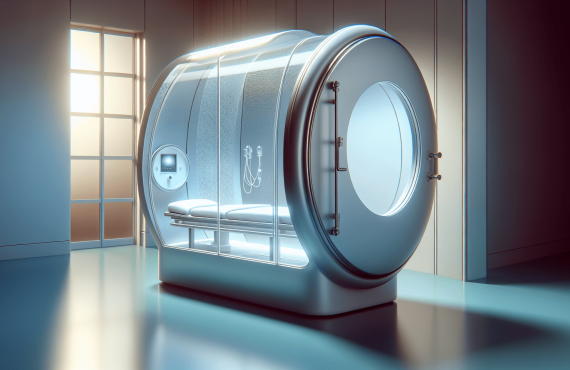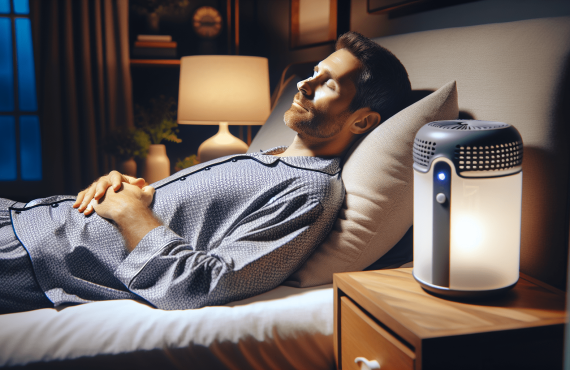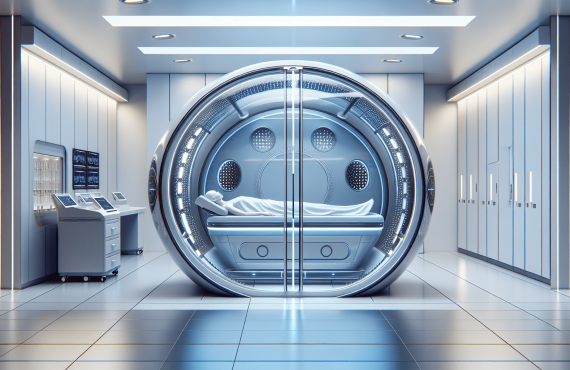Have you ever wondered about the long-term effects of using supplemental oxygen? Whether it’s due to chronic respiratory issues or other medical conditions, many people rely on oxygen therapy to help manage their health. While oxygen is essential for survival, the use of supplemental oxygen as a long-term treatment can come with its own set of effects on the body and lifestyle. In this article, we will explore what happens when you are on oxygen for extended periods, uncovering the potential benefits and challenges.

Table of Contents
Understanding Oxygen Therapy
Oxygen therapy involves the administration of oxygen through various devices to maintain adequate oxygen levels in the blood. This treatment is often prescribed to individuals with respiratory conditions like Chronic Obstructive Pulmonary Disease (COPD) or severe asthma. By understanding how oxygen therapy works, you can better appreciate both its immediate and long-term impacts.
How Oxygen Therapy Works
Oxygen therapy increases the oxygen concentration in the lungs, allowing more oxygen to enter the bloodstream. It helps alleviate symptoms associated with low oxygen levels, such as shortness of breath and fatigue. Doctors can prescribe this therapy for continuous use or as needed, and it can be delivered using portable oxygen tanks, concentrators, or liquid oxygen devices.
Who Needs Oxygen Therapy?
Medical professionals prescribe oxygen therapy to patients with low blood oxygen levels due to various conditions. Some common scenarios include advanced COPD, severe asthma, pulmonary fibrosis, and sleep apnea. Access to supplemental oxygen can dramatically enhance the quality of life for these individuals, allowing greater freedom and improved physical activity.
Benefits of Long-Term Oxygen Use
While oxygen therapy might seem cumbersome, there are significant advantages to long-term use. These benefits often translate not only into better health outcomes but also an improved daily life.
Improved Quality of Life
Long-term oxygen therapy can greatly improve your quality of life by reducing symptoms like shortness of breath and fatigue. This means you can engage more in daily activities, social interactions, and hobbies that might have been challenging before.
Enhanced Exercise Capacity
With an adequate supply of oxygen, you may find that your exercise capacity increases. This can lead to a more active lifestyle, which is beneficial for your overall health. Exercise helps maintain muscle strength, manage weight, and boost mood, all of which contribute to a better quality of life.
Longer Lifespan
Studies have shown that for some people with chronic obstructive pulmonary disease (COPD), using oxygen therapy for more than 15 hours a day can prolong life. By maintaining oxygen levels within a healthy range, you can reduce the risk of heart strain and other complications associated with low blood oxygen.
Challenges of Long-Term Oxygen Therapy
While there are plenty of benefits, it’s important to recognize the challenges that come with long-term oxygen use. Being aware of these can help in managing difficulties effectively and discuss potential solutions with your healthcare provider.
Dependency on Oxygen
One of the primary concerns with prolonged oxygen therapy is the potential for psychological dependence. It’s not uncommon to develop a reliance on the equipment, which may lead to anxiety if the oxygen supply is interrupted.
Mobility and Lifestyle Limitations
Carrying oxygen equipment can restrict movement, potentially limiting travel adventures or even simple outings. While portable oxygen systems have improved over time, balancing mobility and therapy needs remains a common concern.
Skin Irritation and Equipment Challenges
Extended use of oxygen delivery systems can lead to skin irritation where the tubing rests. It is vital to take care of your skin and ensure the equipment fits appropriately. Regular maintenance and cleaning of oxygen devices also become essential to avoid infections and ensure optimal function.
Physical Effects of Long-Term Oxygen Use
Taking a closer look at the physiological impact of long-term oxygen therapy reveals some significant changes the body undergoes. Like any medical treatment, oxygen therapy can bring about a range of physical effects, both positive and negative.
Respiratory System Adjustments
Long-term exposure to supplemental oxygen can affect the lungs differently, depending on your condition. In COPD patients, for instance, it may support lung function by reducing workload on the respiratory muscles. However, over time, there may be changes in how efficiently your lungs perform without extra oxygen.
Blood Chemistry Changes
Another effect is the potential change in blood chemistry. When you breathe in high concentrations of oxygen, it may lead to a condition known as hyperoxia. While rare, excessive oxygen can alter blood pH levels or cause oxidative stress, necessitating regular monitoring by your healthcare team.
Effects on the Cardiovascular System
Using oxygen can also influence your heart and blood vessels. Sufficient oxygen levels reduce the burden on your heart, potentially decreasing the risk of complications like pulmonary hypertension, a condition where blood pressure in the arteries to the lungs is too high.

Lifestyle Modifications with Oxygen Therapy
Adapting to life with long-term oxygen therapy involves making certain lifestyle changes to support health and well-being. Embracing these adjustments can often lead to better management of your condition and enjoyment in daily life.
Home Environment Adjustments
Creating an oxygen-friendly home environment is crucial. This might mean setting up stations with your oxygen supply in key areas around your house, ensuring ease and safety in moving from place to place. Moreover, having fire safety measures in place is essential, as oxygen increases fire risk.
Travel and Social Considerations
Living with oxygen therapy doesn’t need to curtail your travel plans or social life. With careful planning and consultation with healthcare providers, you can travel, attend events, and enjoy life with minimal limitations. Learning about portable oxygen concentrators and ensuring continuous supply on the move is pivotal.
Emotional and Mental Health Support
Being on long-term oxygen therapy can impact mental health. It’s crucial to seek support from counseling or community support groups. Staying socially engaged and discussing feelings with loved ones can help manage any emotional strain.
FAQs About Long-Term Oxygen Use
Here are some frequently asked questions about long-term oxygen use, providing further insight into what to expect.
-
Can you be on oxygen for too long?
While important for certain conditions, high oxygen levels over extended periods can sometimes lead to hyperoxia, causing potential damage due to oxidative stress. Consult with your healthcare provider to balance oxygen therapy needs. -
How does oxygen therapy assist with exercise?
Oxygen therapy boosts oxygen availability in the body, helping improve endurance and reducing breathlessness during physical activity, making exercise more feasible and enjoyable. -
Is home oxygen therapy safe?
Yes, it is safe when used as prescribed. Maintaining good habits like avoiding fire hazards and regular equipment checks are vital for safety at home. -
Can using oxygen therapy have side effects?
Common side effects may include nasal irritation and headaches. Always report side effects to your healthcare provider, who can adjust the prescription as needed. -
What types of oxygen equipment are available?
Various equipment options are available, ranging from portable oxygen concentrators to home oxygen tanks. Choosing the right equipment type depends on your lifestyle and medical needs.
In summary, while using supplemental oxygen long-term presents both benefits and challenges, understanding these factors helps you manage your health effectively. With proper care, medical guidance, and lifestyle adjustments, you can maintain well-being and continue enjoying life. For personalized advice, consider reaching out to professionals like those at Henry Chiropractic in Pensacola, FL. Dr. Craig Henry and Dr. Aaron Hixon are experienced in providing holistic health support, ensuring you get the most from your treatment. To learn more, visit Henry Chiropractic.


